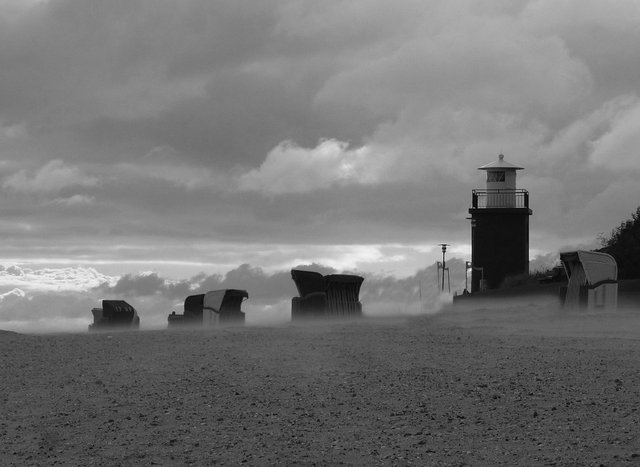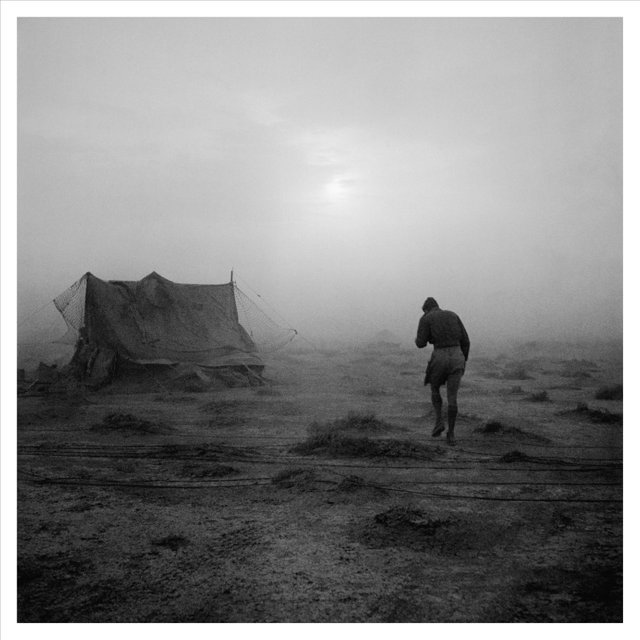![]()
One of the windiest evenings I've ever taken pictures transformed into maybe the absolute most compensating — and alarming — scene photography experience of my life. I was on the Mesquite Sand Dunes in Death Valley, a place I had gone to twice before, however under significantly more agreeable conditions. This night, the whirlwinds were far more prominent than I had seen some time recently, and they kicked up a layer of sand that made for stunning dusk photographs. Yet, as the day found some conclusion, it was clear I had entered unknown waters.
Indeed, even before dusk, the breeze was genuinely substantial. Sand stung at my feet, however it wasn't any more terrible than a windy day at the shoreline. I had a scarf over my nose and mouth to abstain from breathing in an excess of clean, and I wore shades to ensure my eyes.
It was an excellent dusk. The mists were something exceptional — sketchy, orange, blue, and dull. The environment was ideal for photography. Through the span of 60 minutes, I made a progression of frantic dashes from rise to hill looking for the best arrangement, and I caught a modest bunch of shots I preferred en route. The entire time, out there, one dull cloud was lower than the rest. In spite of the fact that it emerged to some degree, I documented it in the back of my psyche as I concentrated on catching different parts of the scene.
Before long, the day had finished. The sun plunged out of view, and the light started to blur much further. I saw, at that point, how far I had voyage. I was at that point at the tallest hill, which ascended by me in a delicate slant. The best hues in the sky had finished, yet I chose to climb this last top to see the view before turning back for the night.
That was the point at which the air started to change. The low, dull cloud I saw before had developed considerably nearer, and the truth of my circumstance ended up plainly self-evident: This was not a regular low-hanging cloud, but rather, rather, a dust storm. The breeze grabbed in capable blasts, and I took a photograph.
For a large portion of a moment, everything was totally still. The sky diminished and turned grimy. I began to hear filtering commotions, and a thin layer of clean fell on my shoulders and knapsack.

At the point when the breeze got once more, substantially quicker than some time recently, it was a totally unique world. I stood looking forward, unfit to see the following rise toward any path. As the climate thickened, obscurity fell quickly. I hauled out my electric lamp, which lit up whirls of sand hustling through the air.
In the wake of preparing myself into the ground, I experienced the inescapable wellbeing checks. Was my GPS as yet working? Check. Did I have enough water to last the night, in the event of a genuine crisis? Check. Yet, and, after its all said and done, it's difficult to feel totally safe at such a critical point in time.
The tempest didn't appear to be regular. Or, on the other hand, rather, it appeared to be excessively common. The energy of the breeze and sand was overpowering. In the event that you need to feel totally powerless despite the world's disorder, lose all sense of direction in a dust storm.
Obviously, I wasn't genuinely lost. The GPS had discovered a way back, indicating where my auto sat out yonder (however I never again observed it, or the street). I began moving toward that path.
It soon wound up plainly obvious that my advance was moderate. To be sure, I thought I was strolling in hovers, in spite of following the GPS's prescribed course. To be clear, it didn't simply appear like I may stroll in circles. I genuinely trusted I was circumventing a similar sand ridge again and again, backtracking my own particular impressions as the breeze overwhelmed them.

Particularly in a circumstance like this, I am slanted to confide in innovation. I realize that a GPS is much more probable than a dumbfounded picture taker to pinpoint its area in a dust storm. Be that as it may, I was grateful to have stuffed along a reinforcement GPS, which I hauled out now to compute a similar course — sending another flag to impeccably put satellites flying a large number of kilometers overhead. Whenever that, as well, affirmed a similar way, I knew to smother my instinct and take after the light back home.
To portray whatever is left of the climb, the best examination I can make is to state that it had a craving for strolling on a sea. I would move up a hill, sparkle my electric lamp ahead, and afterward advance down into haziness. Also, this rehashed itself for 60 minutes — up, down, up — on influxes of sand.
At that point, all of a sudden, I was at the auto. I tossed my rucksack on the rearward sitting arrangement, moved in, and shut the entryway.
What's more, that minute was totally spooky.
The consistent push of wind and sand all of a sudden halted; even as the auto shook in the breeze, it had a craving for everything was supreme hush. The diminish shine of the lamp overhead appeared like the main island in the whole world.
I was back — back to an asylum from the determined breeze and sand. I was additionally back to development, where, strangely, the closest town was a five moment head out.
The way that I could arrange a burger minutes after I had been within new sand ridges shaping was astonishing, and profoundly agitating.
Composing this, I'm on the third floor of a tremendous working with sparkling lights, and, a couple of hundred feet away, tall waves are smashing shore-wards. It's evening time, and there is a light sprinkle. Overwhelming breezes are whipping around. An auto just drove past.
We're living in covers that we made at the doorstep of a tempest, and it's so fantastically hard to recall that. It shouldn't take an extraordinary night of photography to put things like this into point of view; it ought to be at the center of our identity.
Scene photography is an interesting workmanship. I've understood that my actual inspiration for taking pictures isn't to make excellent pictures. Rather, it's to be out there — strolling into a dust storm, encompassing by influxes of rises — to watch the planet change so staggeringly.
Downvoting a post can decrease pending rewards and make it less visible. Common reasons:
Submit
Downvoting a post can decrease pending rewards and make it less visible. Common reasons:
Submit